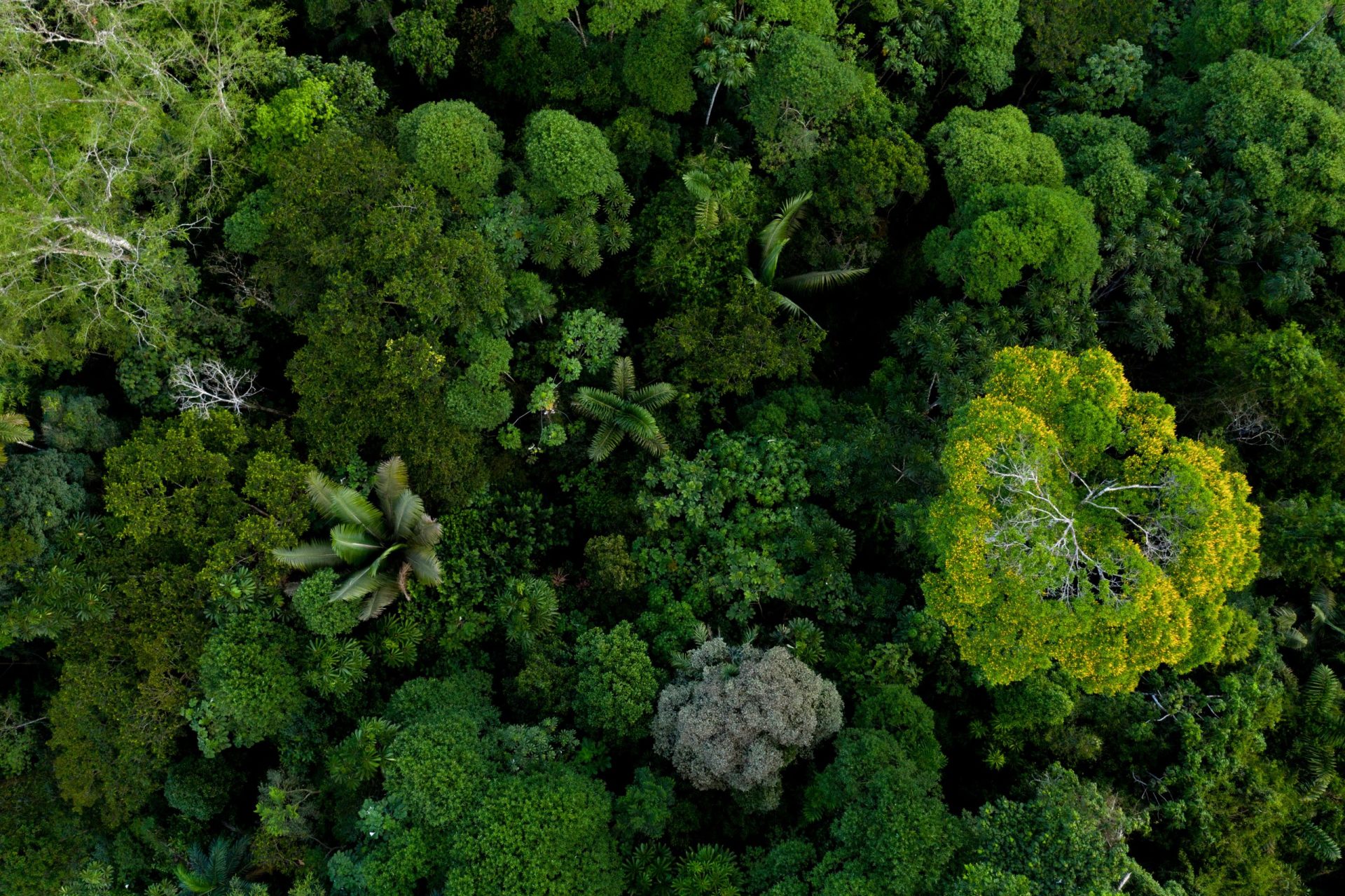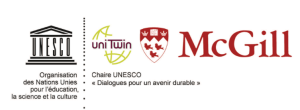
Since 2019, the FRQ have been providing financial support for UNESCO Chairs under a joint Declaration of Intent signed with the Canadian Commission for UNESCO (CCUNESCO). Here is a portrait of one of these Chairs, whose work is generating positive impacts for society.
UNESCO Chair for Dialogues on Sustainability
Chairholder: Brian Leung, McGill University
We are facing a number of societal and ecological challenges as a result of current global environmental changes. Society needs accurate scientific information to overcome these challenges.
The UNESCO Chair for Dialogues on Sustainability aims to advance knowledge on sustainability, i.e., the ability of human populations to achieve or maintain a satisfactory lifestyle without degrading the environment.
It trains the research teams of tomorrow and, above all, promotes social dialogue on sustainability issues. This involves transferring the knowledge developed through research activities, as well as co-creating this knowledge with civil society.
The Chair is the result of a partnership between McGill University and three Panama institutions: Instituto de Investigaciones Científicas y Servicios de Alta Tecnología, Smithsonian Tropical Research Institute and Universidad Católica Santa Maria La Antigua.
The Chair’s current projects include a biodiversity project in Panama, which aims to map plant biodiversity across the country. Species distribution surveys are usually hampered by the limitations of the traditional methods used.
The research team is using an innovative distribution model called S2BaK which integrates data on species sightings and survey data, adding a bias-adjustment factor based on environmental and species trait information.
This approach has made it possible to better identify and understand the distribution of over 6,000 plant species in Panama, compared with traditional methods.
Such mapping is helpful in analysing the effects of climate change on biodiversity and in studying the impacts of human activity, such as mining exploration and exploitation, which are widespread in Panama.

